Levertov - This great unknowing : last poems
Here you can read online Levertov - This great unknowing : last poems full text of the book (entire story) in english for free. Download pdf and epub, get meaning, cover and reviews about this ebook. City: New York, year: 1999, publisher: New Directions, genre: Art. Description of the work, (preface) as well as reviews are available. Best literature library LitArk.com created for fans of good reading and offers a wide selection of genres:
Romance novel
Science fiction
Adventure
Detective
Science
History
Home and family
Prose
Art
Politics
Computer
Non-fiction
Religion
Business
Children
Humor
Choose a favorite category and find really read worthwhile books. Enjoy immersion in the world of imagination, feel the emotions of the characters or learn something new for yourself, make an fascinating discovery.
This great unknowing : last poems: summary, description and annotation
We offer to read an annotation, description, summary or preface (depends on what the author of the book "This great unknowing : last poems" wrote himself). If you haven't found the necessary information about the book — write in the comments, we will try to find it.
When Denise Levertov died on December 20, 1997, she left behind forty finished poems, which now form her last collection, This Great Unknowing.Few poets have possessed so great a gift or so great a body of workwhen she died at 74, she had been a published poet for more than half a century. The poems themselves shine with the artistry of a writer at the height of her powers.
Levertov: author's other books
Who wrote This great unknowing : last poems? Find out the surname, the name of the author of the book and a list of all author's works by series.

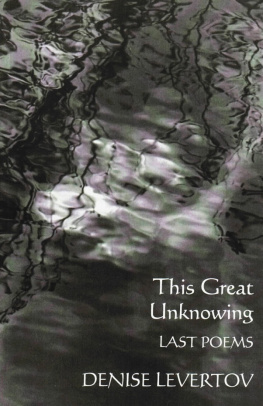
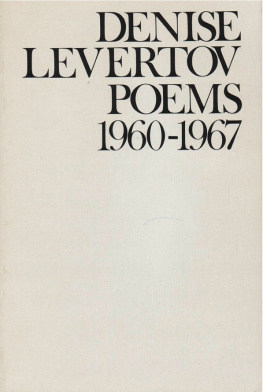

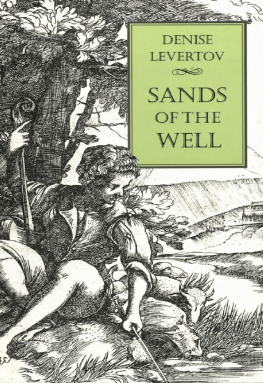
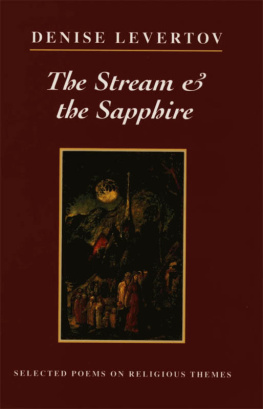
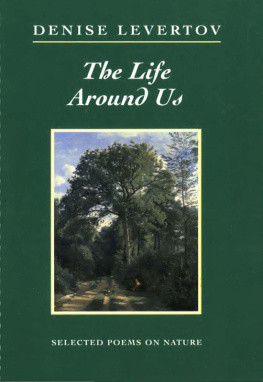

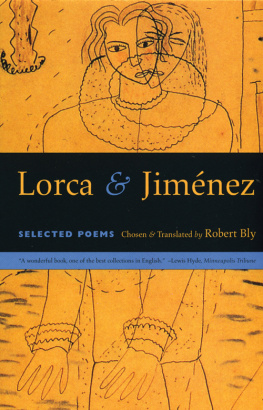
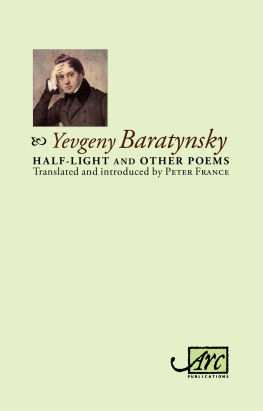

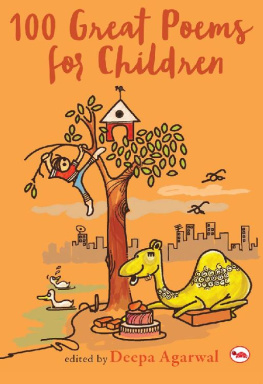
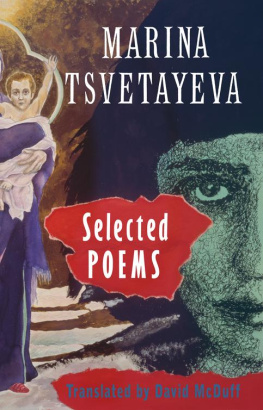


 A New Direction Book
A New Direction Book